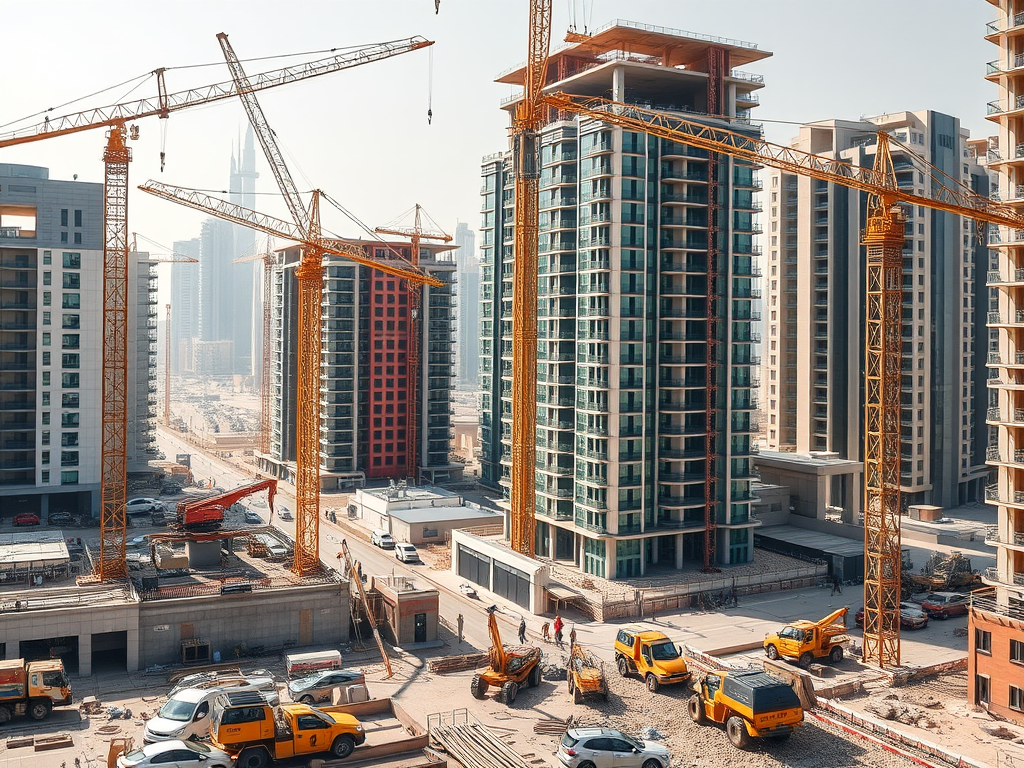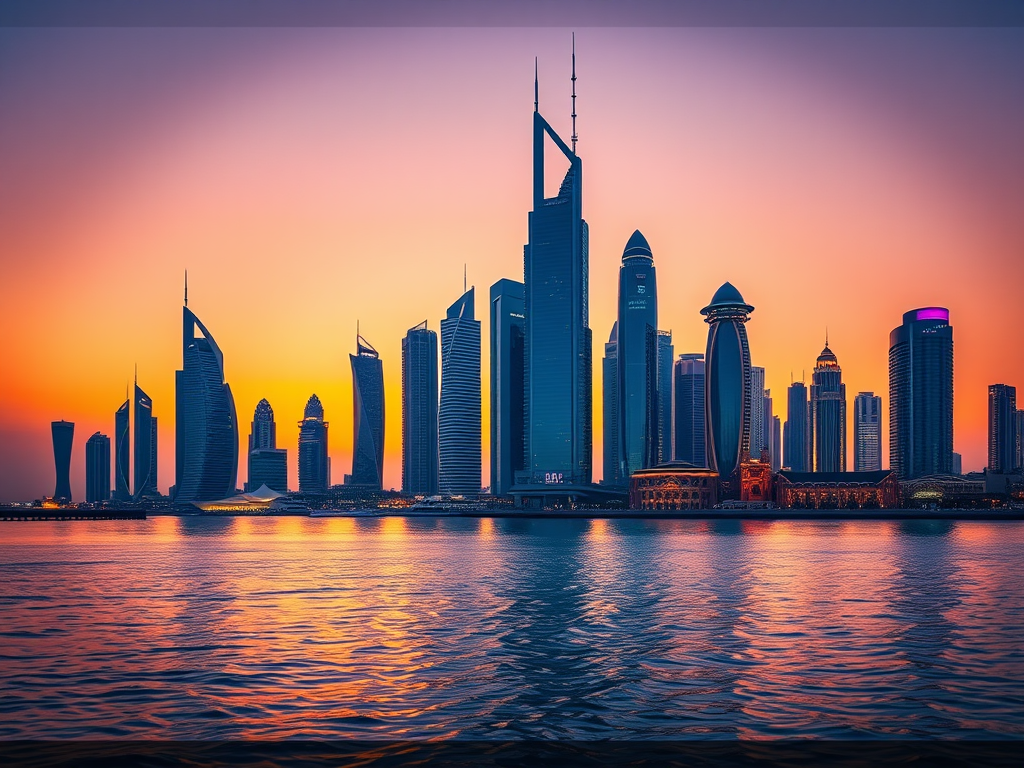Dubai has established itself as a global hub for trade, tourism, and finance, making its investment landscape an evolving opportunity for both local and international investors. The city’s strategic location, visionary leadership, and commitment to innovation attract a diverse range of investments, paving the way for remarkable growth trajectories. As Dubai positions itself for the future, several key trends are beginning to redefine its investment landscape, making it crucial for investors to stay informed and agile.
Key Investment Sectors to Watch

Dubai’s investment potential is layered across various sectors, each contributing uniquely to its economy. Understanding these sectors is essential for anyone looking to invest in this vibrant market. Here are some key sectors showing promising investment opportunities:
- Real Estate: With ongoing developments and mega-projects, Dubai’s real estate market remains attractive, particularly in areas like residential, commercial, and luxury properties.
- Tourism and Hospitality: Dubai’s tourism sector, bolstered by world-class attractions and events, continues to foster opportunities in hotels, restaurants, and entertainment venues.
- Technology: The tech sector is rapidly growing, with startups and financial technology companies (fintech) becoming significant players in the regional market.
- Sustainability: Increasing focus on green investments and sustainable projects provides a forward-thinking approach, appealing to socially-conscious investors.
- Healthcare: As demand for quality healthcare services grows, investing in healthcare facilities can provide long-term profit potential.
Regulatory Framework and Incentives for Investors

Dubai’s government has implemented favorable regulations and incentives to bolster its investment ecosystem. The introduction of 100% foreign ownership in various sectors, coupled with generous free zone policies, empowers international investors. Additionally, the city has established several initiatives aimed at enhancing transparency and efficiency in business operations. Some notable regulations include:
- Ease of doing business rankings that reflect minimal bureaucratic obstacles.
- Tax exemptions in free zones that attract diverse enterprises.
- Streamlined processes for obtaining permits and licenses, allowing faster market entry for investors.
- Investor-friendly frameworks designed to provide protection and rights to foreign investors.
The Role of Technology in Investment Decisions
As technology continues to revolutionize the investment landscape globally, Dubai is no exception. The incorporation of advanced technologies such as artificial intelligence (AI), blockchain, and data analytics is reshaping how investors analyze and navigate the market. Investment tech enhances decision-making by providing real-time insights and market trends, enabling investors to identify lucrative opportunities quickly. For instance:
- AI tools are being leveraged for market forecasting and risk assessment.
- Blockchain enhances transparency in real estate transactions, reducing fraud risks.
- Data analytics track investor sentiments, allowing tailored investment strategies.
Cultural and Economic Resilience: A Foundation for Growth
The foundation of Dubai’s economic resilience lies in its rich cultural heritage and vibrant economy. This dynamic city encourages entrepreneurship and innovation, fostering an ecosystem where businesses can thrive. The strong global connections established by the emirate, combined with its cultural diversity, position Dubai as an attractive destination for investments. Factors contributing to this resilience include:
- Diverse Economy: Unlike many cities heavily reliant on a single sector, Dubai boasts a multi-faceted economy that can withstand global shifts.
- Visionary Leadership: With consistent government support for business development and innovation, investors can feel secure in their investments.
- High Quality of Life: An attractive lifestyle encourages a talented workforce, which, in turn, attracts businesses looking for skilled employees.
Conclusion
Looking ahead, Dubai’s investment landscape offers a plethora of opportunities fueled by its strategic planning and favorable business environment. Investors should carefully monitor emerging sectors, leverage advanced technologies, and remain engaged with regulatory changes. As Dubai continues to evolve and expand its horizons, being informed and agile is key to thriving in this dynamic investment climate.
Frequently Asked Questions
1. What are the top sectors for investment in Dubai?
The top sectors for investment in Dubai include real estate, tourism and hospitality, technology, sustainability, and healthcare. Each sector has its unique potential and promises lucrative opportunities for investors.
2. Are there tax benefits for foreign investors in Dubai?
Yes, foreign investors in Dubai can benefit from tax exemptions, especially when operating in designated free zones, which offer zero corporate tax laws and no income tax on profits.
3. How can technology influence investment decisions in Dubai?
Technology can significantly influence investment decisions in Dubai by offering tools for real-time data analysis, risk assessment, and market forecasting through the use of AI, blockchain, and analytics.
4. Is Dubai a safe place for foreign investments?
Yes, Dubai is considered safe for foreign investments due to its robust regulatory framework, government support, and a strong emphasis on transparency and stability in its economic policies.
5. What role does sustainability play in Dubai’s investment landscape?
Sustainability plays a crucial role in Dubai’s investment landscape as the emirate increasingly focuses on green initiatives and sustainable projects. This focus not only attracts socially-conscious investors but also aligns with global trends toward environmental responsibility.
